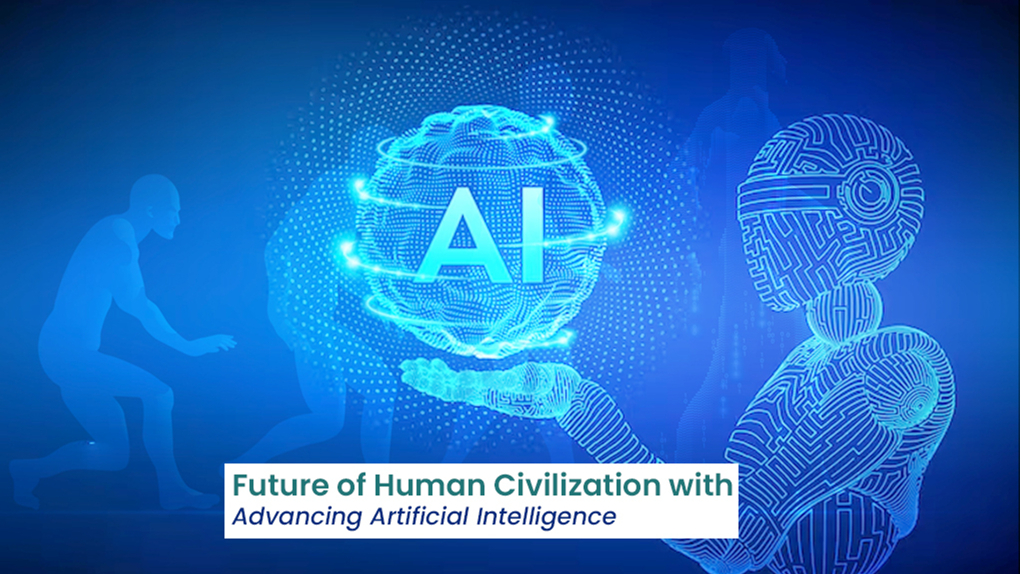The impact of artificial intelligence (AI) on human civilization is a topic of great importance and ongoing debate. While AI has the potential to bring about numerous benefits, but it also poses significant challenges and risks. Here are some critical thoughts on the impact of AI:
Job Displacement: AI-powered automation has the potential to disrupt various industries and lead to job displacement. As AI algorithms become more advanced, they can perform tasks traditionally done by humans more efficiently and accurately. This could result in unemployment and socioeconomic inequality if appropriate measures are not taken to retrain and reskill the workforce.
Ethical Concerns: AI raises significant ethical concerns regarding privacy, and accountability. AI systems often rely on vast amounts of personal data, which can be misused or lead to biases and privacy breaches. Moreover, biases in data or algorithms can result in discriminatory outcomes, reinforcing existing societal inequalities. Ensuring transparency, fairness, and accountability in AI systems is crucial to mitigate these ethical concerns.
Security Risks: AI can be leveraged for malicious purposes, such as cyberattacks, misinformation campaigns, and surveillance. As AI technology advances, so does its potential to pose security risks. Ensuring robust cybersecurity measures and appropriate regulations is essential to safeguard against these threats and protect individuals, organizations, and governments.
Socioeconomic Impact: The widespread adoption of AI could reshape socioeconomic structures. While it has the potential to increase productivity and economic growth, it may also exacerbate wealth disparities. The benefits of AI must be distributed equitably, and policies should be implemented to address potential socioeconomic challenges, such as job displacement and unequal access to AI resources.
Human-AI Collaboration: AI has the potential to augment human capabilities and enhance decision-making processes. However, striking the right balance between human and AI collaboration is crucial. Overreliance on AI systems without critical human oversight may lead to unintended consequences or abdication of responsibility. Ensuring that AI systems are designed to complement human intelligence and are subject to human judgment is essential.
Long-Term Implications: As AI continues to evolve, there are long-term implications to consider, such as the emergence of artificial general intelligence (AGI) or super-intelligent AI. AGI refers to highly autonomous systems that can outperform humans in the most economically valuable work. The development of AGI raises questions about control, safety, and the potential impact on humanity.
In conclusion, the impact of AI on human civilization is multifaceted. While it offers immense potential for positive change, it also presents challenges that need to be addressed. By promoting responsible development, ethical frameworks, and inclusive policies, we can strive to maximize the benefits of AI while minimizing its negative consequences. Continuous dialogue, collaboration, and regulation will be vital to shaping AI's impact on society in a beneficial and sustainable manner.

